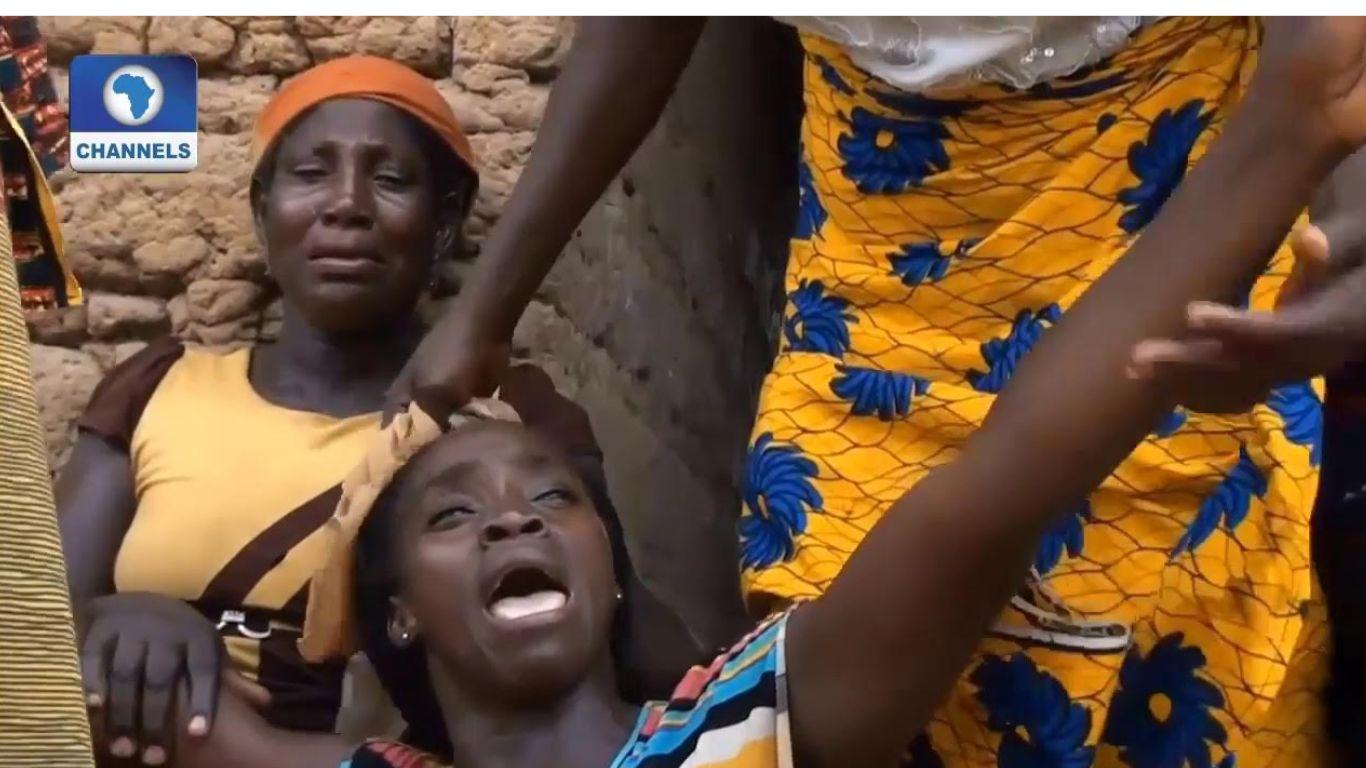Nigeria has been grappling with a severe security crisis, and one of the most pressing issues is the violence attributed to Fulani herdsmen. These nomadic pastoralists, primarily from the Fulani ethnic group, have been linked to numerous attacks on farming communities, particularly in the Middle Belt region. The conflict, often framed as a struggle over resources, has deeper roots in ethnic, religious, and political tensions.
The Impact on Vulnerable Communities
The violence has devastated countless communities. Reports indicate that thousands of lives have been lost, and millions have been displaced due to attacks involving Fulani herdsmen. These incidents often involve the destruction of homes, farmlands, and livelihoods, leaving survivors in dire conditions. The Middle Belt, known as Nigeria's agricultural hub, has seen a significant decline in food production, exacerbating the country's food insecurity.

Underlying Causes of the Conflict
While the clashes are often attributed to competition over land and water resources, other factors play a role:
- Climate Change: Desertification in northern Nigeria has pushed herdsmen southward, increasing tensions with farming communities.
- Ethnic and Religious Divides: Many of the affected communities are predominantly Christian, while the Fulani herdsmen are mostly Muslim. This has added a layer of religious tension to the conflict.
- Weak Governance: The inability of local and federal authorities to mediate disputes and enforce laws has allowed the violence to escalate.
Government Bias and Complacency
Critics argue that the Nigerian government has shown bias and complacency in addressing the crisis. There are allegations that the government, led by officials with Fulani ties, has been reluctant to take decisive action against the herdsmen. This perceived favoritism has eroded public trust and fueled resentment among affected communities.
Moreover, the government's failure to provide adequate security and support for displaced persons has compounded the crisis. Many victims feel abandoned, leading to the rise of self-defense groups and vigilantes.
The Way Forward
Addressing this crisis requires a multifaceted approach:
- Strengthening Security: Deploying more security forces to vulnerable areas and ensuring they act impartially.
- Mediating Disputes: Establishing mechanisms for resolving conflicts between herdsmen and farmers.
- Regulating Grazing: Implementing policies to manage grazing routes and reduce clashes over land.
- Promoting Inclusivity: Ensuring that all ethnic and religious groups feel represented and protected by the government.
The Fulani herdsmen crisis is a symptom of broader systemic issues in Nigeria, including weak governance and deep-seated divisions. Without urgent and comprehensive action, the cycle of violence will continue to undermine the country's stability and development.









